RESOURCES
5-144000
A
B
C
D
E
F
G
H
I
J
K
L
M
N
O
P
Q
R
S
T
U
V
W
Y
Z
|
|

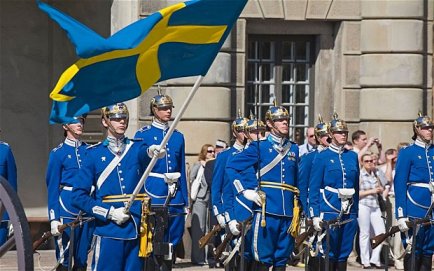
Part 7 - Tips About Sweden,
Local Services and Things to Do
A. CURRENCY, SHOPS AND BANKING
1. Banks - You will probably need to have some Norwegian (NOK) and Swedish (SEK) currency while you are here though a credit card will meet all your needs. There are no banking facilities in Glava. If you need access to a bank, you will need to go to Arvika. There are three banks within one or two minutes' walk of the railway station with automatic tellers. Banks and shops do not usually open before 1000 (10 a.m.) and may close as early as 1530 (3.30 pm.). Universal Currency Converter - convert US$, Euro €, Swedish SEK and Norwegian NOK, etc.. Rates are constantly changing!
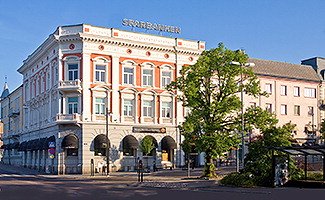 Arvika's main Bank opposite the Railway Station
Arvika's main Bank opposite the Railway Station
2. Post - Postage stamps and post cards can be purchased from the main ICA store in Glava, about 7 minutes by car or bus from the MLT Conference Centre.
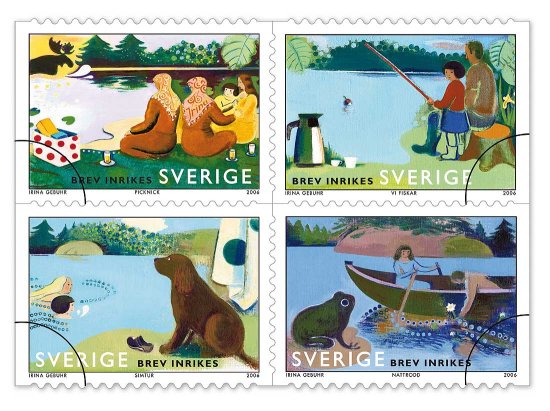
3. Food Shops - ICA, Co-op and Konsum are open from 0800 until 1800 or later (2000) in Arvika, but open later (around 0900/1000) and close earlier (around 1700/1800) locally in Glava (Konsum, depending on the season. ICA in Glava is only open a few hours around lunchtime at weekends (1200 to 1400 on Sundays).
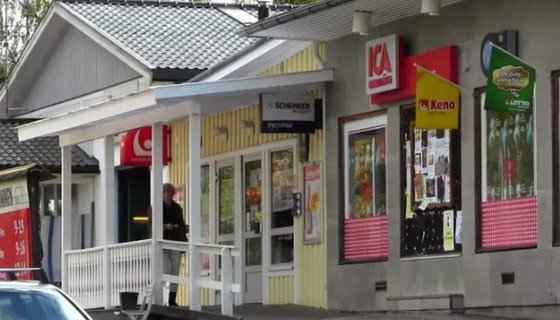 Main Store in Glava
Main Store in Glava
4. Shops and Currency - We live in a border area so most of the bigger food chain stores in Arvika (ICA, Co-op, Konsum) will accept Norwegian kroner and €uros (but not in Lidl). ICA in Glava only accepts Swedish Kronor and €uros. Sweden changed its bank notes and coins in 2015 and 2016:
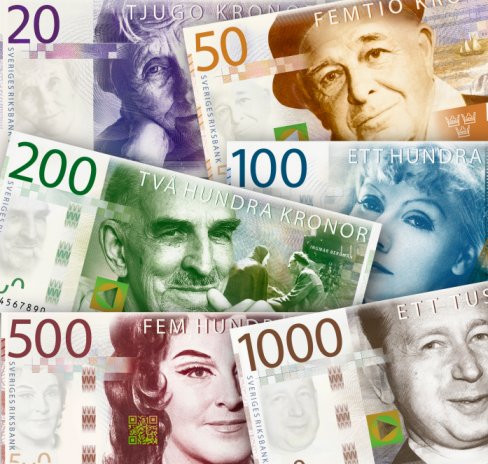
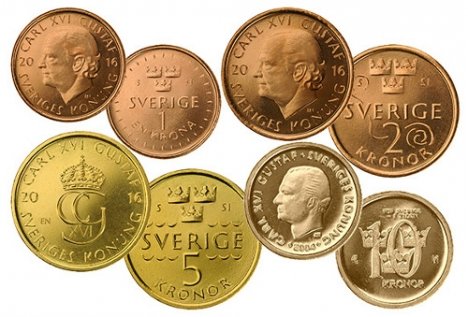
5. Bus Cards - You will need Swedish money/cash or a banker's credit card to buy special Bus Cards (Värmlandskortet) available only on week days during regular office hours (10 am to 3-5 pm) at Arvika Railway Station when you arrive. You cannot use cash or regular credit cards onboard buses. If you are staying in Arvika you absolutely need a Bus Card unless you are hiring a car or using taxis. When you buy a bus card, indicate how many trips you plan to make during your stay so they can advise you how much to fill it up with.
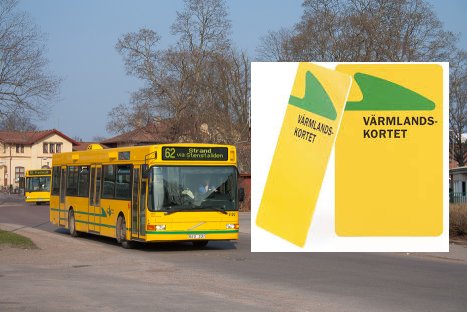
6. Railway tickets - Make sure you buy a return ticket when you arrive in Oslo or Gothenburg) - there is a ticket machine for trains in Arvika Railway Station which will accept bankers cards for local destinations and Oslo. You can buy tickets from the Railway Station Travel Agent using a bank card or cash during opening hours on weekdays (see #5 above). Make sure you pick up timetables from the railway and bus stations when you arrive.
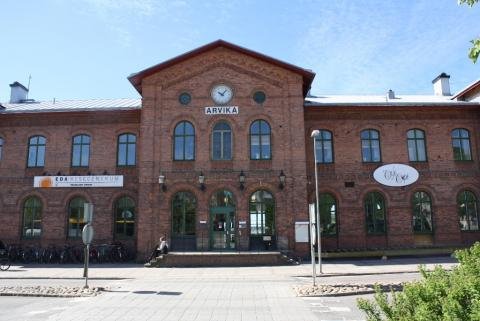
7. Prices in Norway and Sweden - The cost of living is higher in Norway than Sweden so for the shopper/tourist usually pays to buy things on the Swedish side of the border as Swedish goods are a lot cheaper. Even so, you will find the cost of living in Sweden very high indeed compared to the rest of Europe and USA. Postage for a postcard or 20g letter outside Sweden costs SEK 21 (2018 prices).
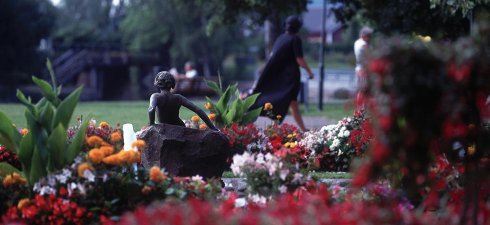
8. Garage & Petrol/Gas Station - There is a petrol/gas station in Glava which is next door to the local Garrage and the ICA food shop. Payment for petrol/gas may only be made using a credit card. The Garrage can usually do car repairs on weekdays from about 9 am to 5 pm.
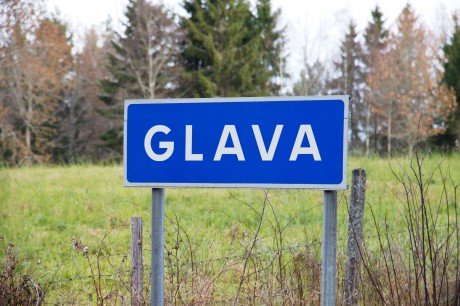
B SWEDISH & MLT CUSTOMS
1. Shoes - In Scandinavia we do not wear outdoor shoes inside homes. It is customary to remove shoes and (if you wish) wear slippers indoors (recommended in spring and winter). We therefore recommend you come equipped with a pair of slippers and bring them with you to all meetings or else very thick winter socks! House temperatures are usually 18-20°C (64-68°F) so if you are accustomed to warmer indoor temperatures, come equipped with thick wooly jumpers, jackets and coats in the spring and autumn!
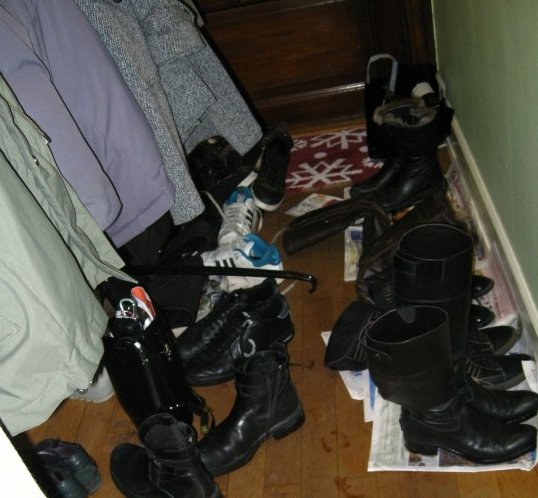
2. Table Manners - In Scandinavia it is customary to say 'Tack för maten!' (Thank you for the food!) to the host and/or cook at the end of meals.
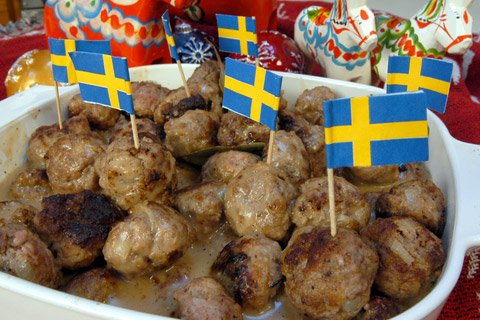
3. Language - Most Swedes speak English as well as Swedish and can understand Norwegian and Danish. They will happily engage in conversation in English. Many also speak German.
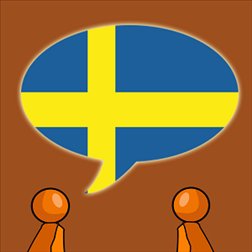





This page was created on 24 August 2014
Last updated on 15 March 2018
Copyright © 1987-2018 NCAY - All Rights Reserved
|
|


